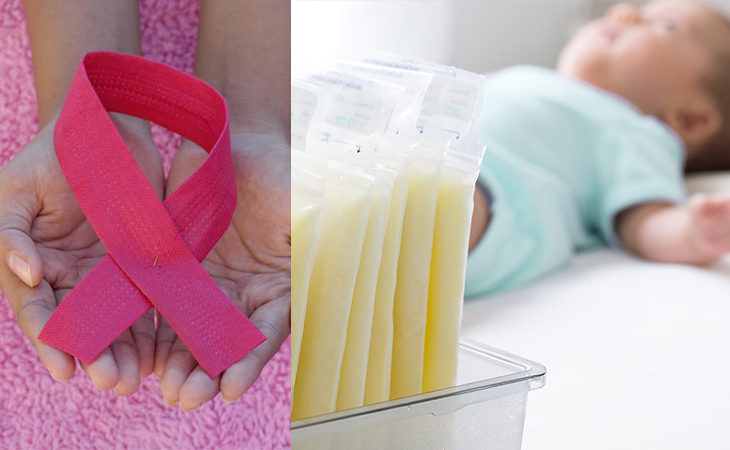
Breastmilk is amazing. It’s dynamic, it provides protection from illnesses and it changes as a baby grows so that the baby will get exactly what he or she needs depending on their development.
Just recently, research from the University of Cambridge also found out that the cells in breastmilk, which was once thought to be either dying or dead, is actually far from that. Rather, these cells are healthy, well and alive. And these live cells found in human breast milk could even help scientists to come up with incredible breakthrough treatments for women with breast cancer.
In fact, scientists have discovered that these cells provide clues to early indicators of the most common type of cancer in women living in the United States. They are also helping researchers understand exactly how breast tissue changes when women are breastfeeding, or producing milk.
Lead author of the new study, Dr. Alecia-Jane Twigger, shared, “Breast tissue is dynamic, changing over time during puberty, pregnancy, breastfeeding, and aging. These living cells provide researchers with insight into a potential early indicator of future breast cancer development.”
She added, “I believe that by studying human milk cells, we will be able to answer some of the most fundamental questions around mammary gland function such as: how is milk produced? Why do some women struggle to make milk? and what strategies can be employed to improve breastfeeding outcomes for women?”
During the study, the research group collected milk samples from breastfeeding women, as well as breast tissue from non-breastfeeding women. They studied them to understand the differences between the two types of cells, learning that on average, less than one-quarter cup (50 ml) has hundreds of thousands of cells for the researchers to study and observe.
According to the University’s Stem Cell Institute, Dr. Walid Khaled, who was also involved with the study shared, “The first time Alecia told me that she found live cells in milk, I was surprised and excited about the possibilities.”
He added, “We hope this finding will enable future studies into the early steps of breast cancer.”
The research paper was published in the journal Nature Communications.



